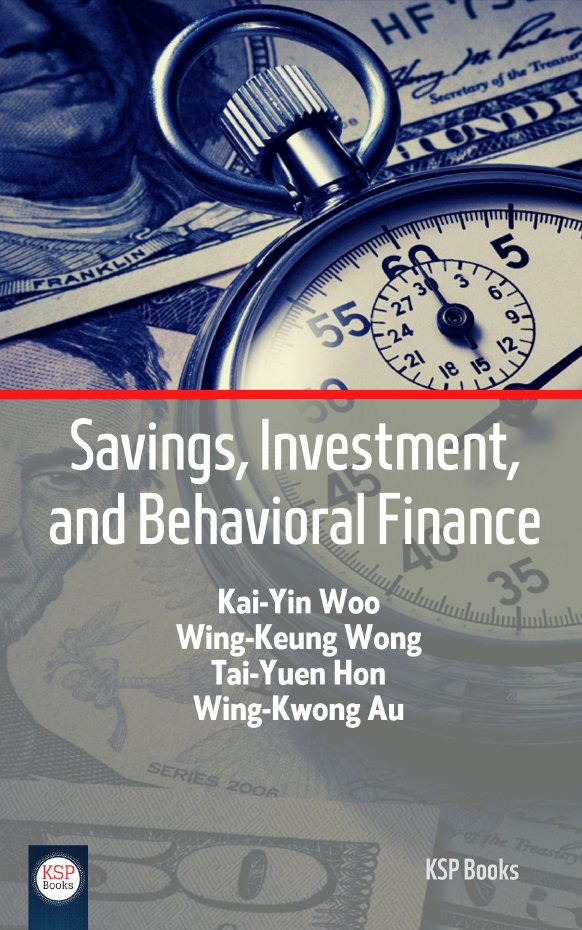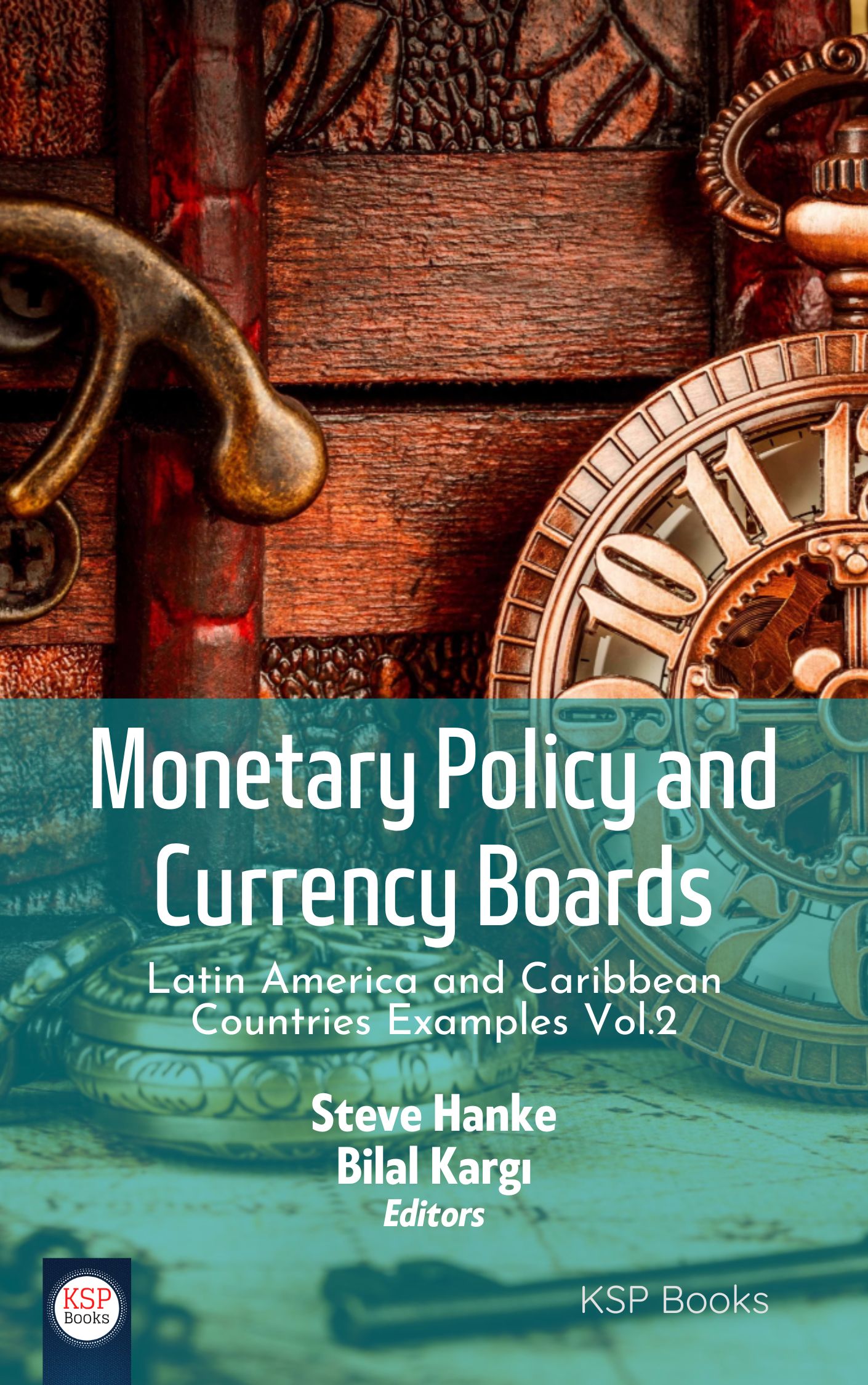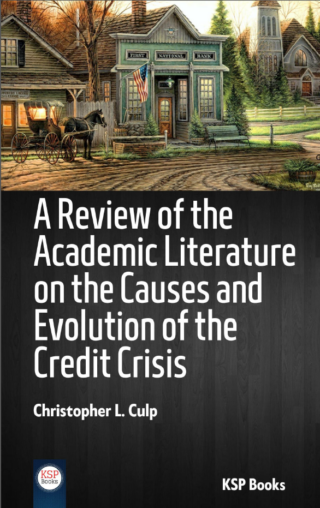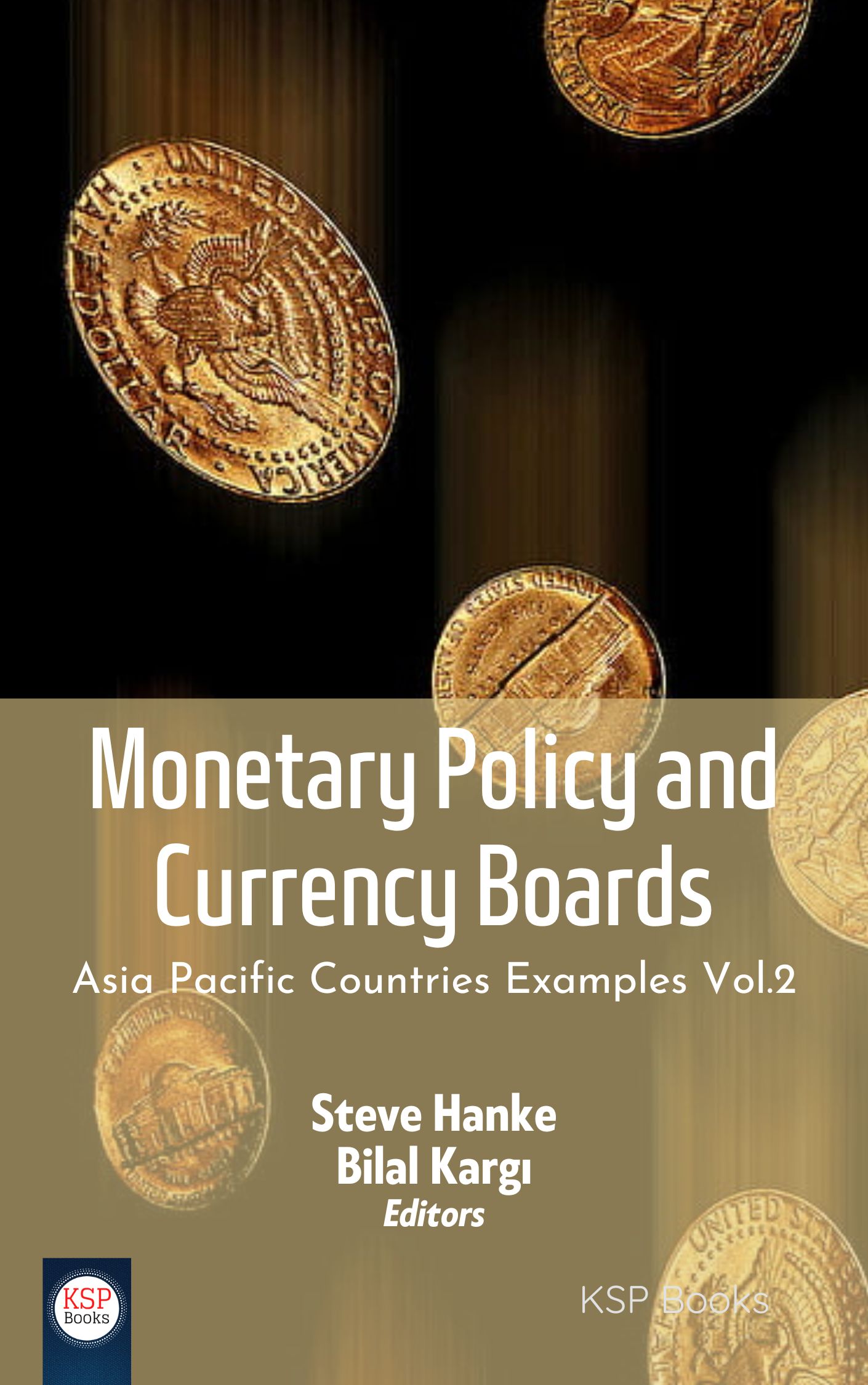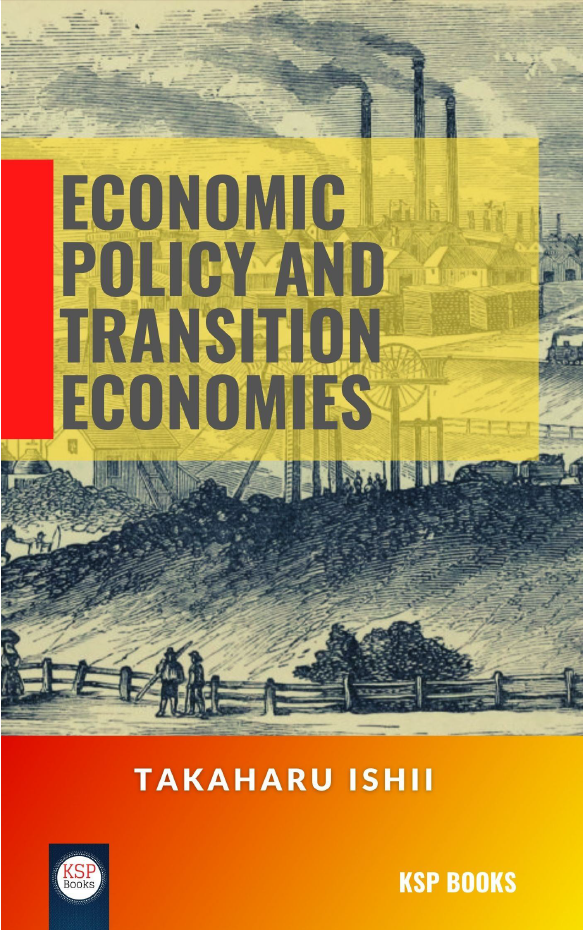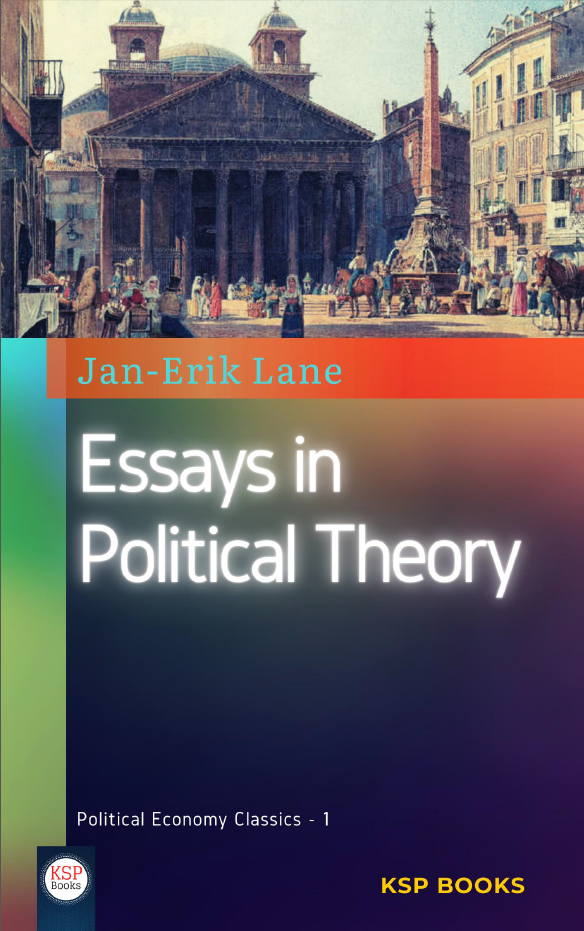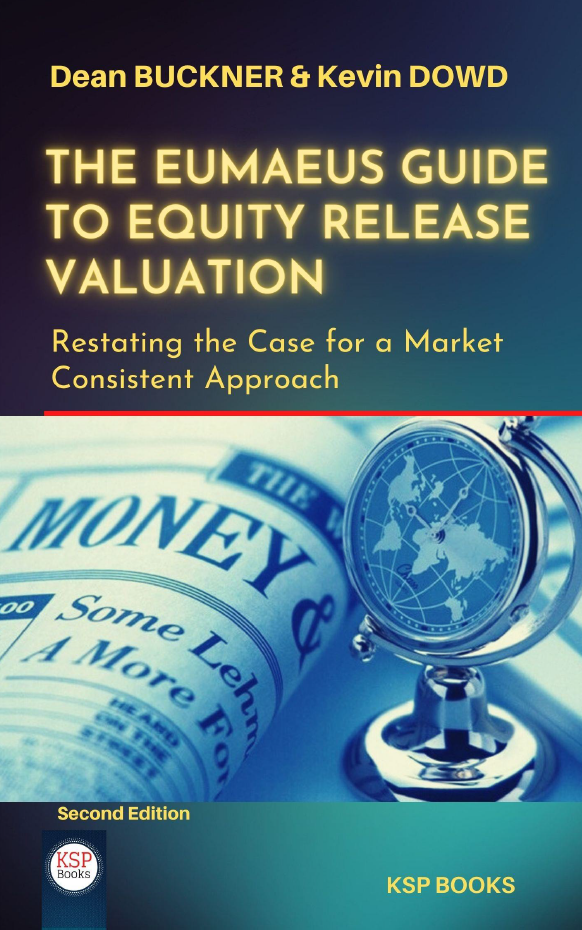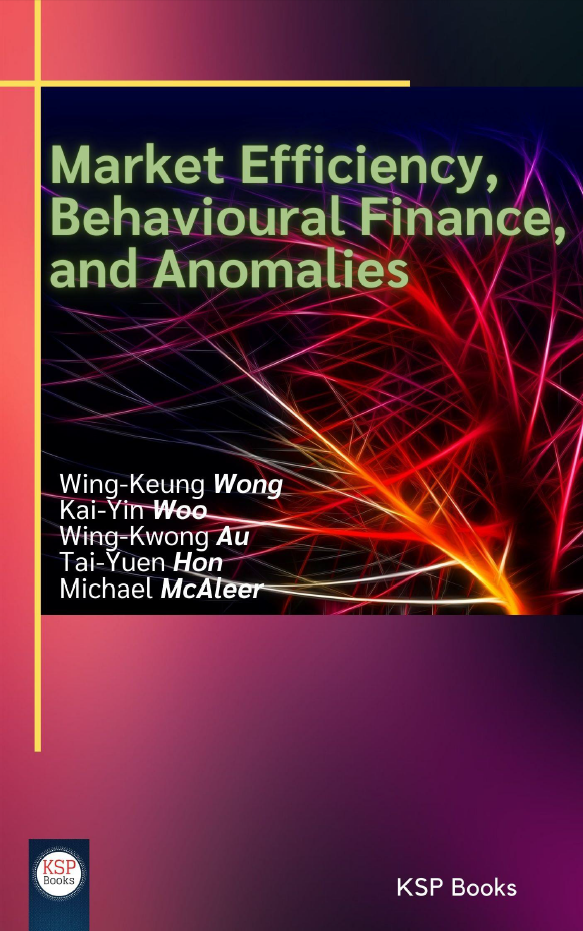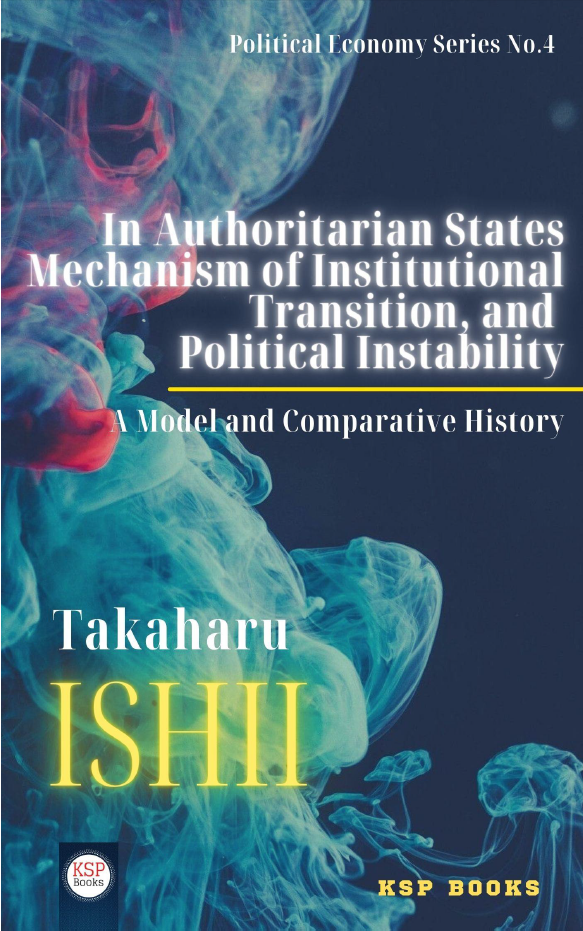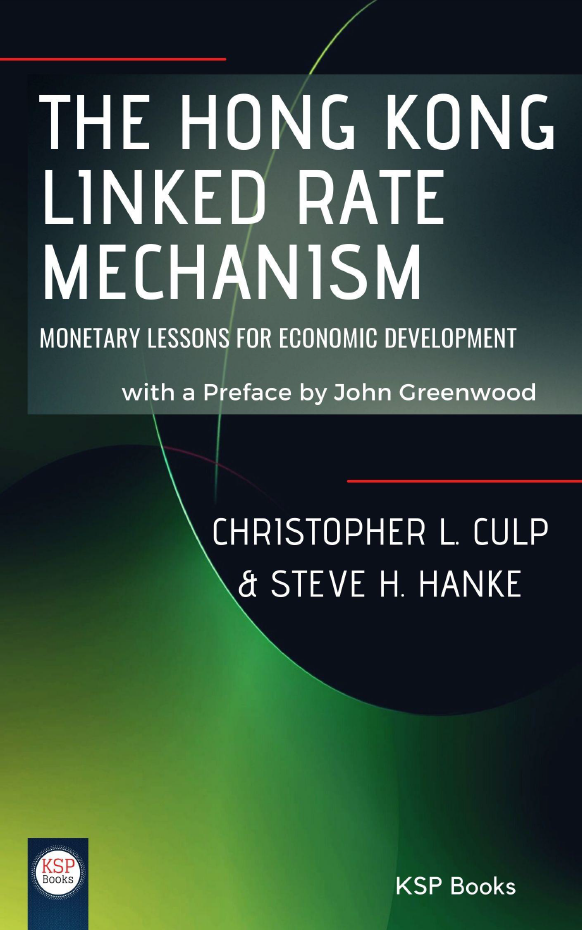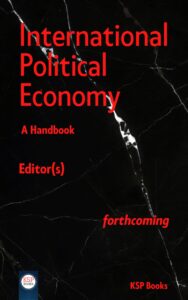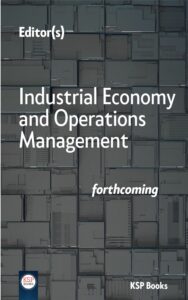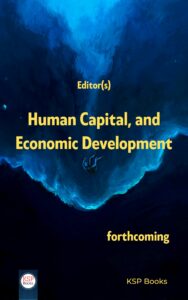Editors
Andre Abdala
Federal University of Espírito Santo, Brazil
Oscar Bayemi
University of Douala, Cameroon
e-ISBN: 978-605-7602-86-2
Publishing Date: July 30, 2019
File Size: 2,807 MB
Length: xiii + 200 pages (PDF)
Language: English
Dimensions: 13,5 x 21,5 cm
 This Book is completely open access. You can freely read, download and share with everyone.
This Book is completely open access. You can freely read, download and share with everyone. 
(Ch.1) The Chapter investigated the transmission channels of monetary policy shocks on real per capita output in Nigeria for the period 1981 to 2017 using Vector Auto-regressive framework. The results of the impulse response functions showed that real per capita output, exchange rate, private sector credit and inflation responded heterogeneously to unexpected monetary shock and hence, provide a useful indicator for determining the effectiveness of monetary policy in the domestic economy. In the case of the forecast error variance decomposition the study revealed that shocks to monetary policy rate explained the largest variation in real per capita output followed by private sector credit and exchange rate. These shocks have a progressive impact on real per capita output except private sector credit, while the average contributions of shocks from equity price channel is below one percent. Therefore, the basic channels of monetary transmission are monetary policy rate, credit and exchange, while equity prices might not be a relevant channel of monetary policy innovation in Nigeria. Furthermore, the forecast error variance decomposition of inflation revealed that the sources of inflation are the monetary policy rate and private sector credit channel. The study therefore recommends that there should be judicious management of interest rate, credit and exchange rate policy to promote real per capita output in Nigeria.
(Ch.2) This Chapter identifies factors likely to explain business failure in the Cameroonian textile industry. A probit model based on a normality test provides a failure rate of about 54.45%, mainly explained as follows: companies with high operating expenses face an increase in their failure probability; associative or bank loan-based firms experience a high failure risk, unlike those created through equity, public grants and family support; high pricing practice compare to competitors increases the failure risk, contrary to low or average pricing modes; Formal work increases the failure risk while working in the informal significantly decreases this risk. Implementing tax and institutional reforms likely to encourage informal corporations to legally operate seems necessary to fight against unfair pricing behaviours.
(Ch.3) The object of the Chapter is to highlight the incidence of the funds send by African migrants on the growth and development of their home countries. Although aid to development continues to be the privileged mean of funding, these transfers constitute a regular additional source of finance in these countries. In order to highlight the role played by these transfers we based ourselves to a certain number of experiences concerning their affectations and utilization. Stylized facts founded on cases studies show that sending the funds globally has a positive effect on the home country. Particularly, it reduces household poverty by so doing increasing their living standard. Up besides, it stimulates local economic activities therefore economic growth.
(Ch.4) The present study analyzed the possible lessons to learn in Rwanda from the China performance experiences in poverty reduction tragedies. Over the last 35 years, China has impressively made enormous treads in its fight averse to poverty as it has changed in one of the greatest vibrant economies in the global. The China success in poverty reduction is dedicated largely to different economic reforms which lead to economic growth, implementation of poverty lessening strategies, rural development programs and as well as open door policies. Recently, China has been serving as an economic role model for many developing countries including African states due to its substantial progress in fighting against poverty. In the same way, Rwanda is still struggling with a high rate of poverty even if there is a huge achievement but still there is a long journey to go. The growing cooperation between China and Rwanda are frequently elucidated by the country’s call for its natural resources to be based on country development, China is an astonishing example which clearly indicates how a country can revolt from poverty within a decade and be a leading performer on the worldwide scene. From this perspective, there are some policy lessons that African countries including Rwanda can learn from the socio-economic transformation success of China. Even if Rwanda has been gradually facing the developmental restrictions which China did not, and given that the background for Rwandan country differs too much with China, it is worthwhile to draw important lessons from China’s success story on how it escaped millions of its population from poverty.
(Ch.5) This Chapter empirically investigates the validity of the Ricardian equivalence hypothesis in Morocco, based on recent data (1980-2016) that encompasses interesting episodes of demand-oriented expansionary government policy during the second half of the 2000s, followed by significant restrictive fiscal measures starting from 2012. We use the SVAR methodology, which enables us to make the difference between the dynamics of savings and the budget deficit by separating them into two types of shocks. Our results suggest that the equivalence is verified in the Moroccan macroeconomic framework. The paper concludes that national savings offset up to 76% of fiscal deficit shocks.
(Ch.6) The purpose of this article is to know how, in the case of Cameroon, the phenomenon of corruption distorts the information that the doctor, responsible of a service, puts at a disposal of the director of the hospital and consequently, increases the costs on the functioning of this hospital. To highlight the effects of this phenomenon on the public hospital system, the authors use the theory of information costs, and in particular, the role of information asymmetry as a generator of the risks of anti-selection and moral hazard in the hospital-doctor relationship. The observation shows that corruption has engendered and reinforced informational asymmetry. It disrupted patient care contracts, and in particular, generated transaction costs. The persistence of this corruption has made it difficult to conduct an effective hospital restructuring and increased the lost of credibility of the hospital system. Incentive instrument should be used to combat the phenomenon.
| 1 | Monetary policy transmission mechanism and economic development: Evidence from Nigeria Emeka Nkoro & Aham Kelvin Uko | |
| 2 | Determinants of the failure of small and very small enterprises in the Cameroonian textile industry Marcel D. Die, Pierre E. Ndebi & Ibrahima | |
| 3 | African migrants and fund’s transfer: Impact on the growth and development of the departing country Maxime Bikoue | |
| 4 | Lessons learnt for Rwanda from China’s poverty reduction strategies: Policy analysis review’s Gerard Bikorimana & Shengmin Sun | |
| 5 | Fiscal policy and the Ricardian equivalence: Empirical evidence from Morocco Mouna Marzouk & Youssef Oukhallou | |
| 6 | Effects of corruption on the functioning of the public hospitals in Cameroun: An analysis by the theory of information costs Oscar Bayemi & Bakiti Ba Mbog |
Andre Abdala
Federal University of Espírito Santo, Brazil
Oscar Bayemi
University of Douala, Cameroon
Doctor accredited to supervise research studies in economic sciences, Oscar Victor Bayemi is the Vice Dean of Reseach and Cooperation at the Faculty of Economics and Applied Management of the University of Douala, Cameroon. Married and father of many childreen, his is the consultant in the economic problems of devevoping countries such as corruption. He has also published many articles in scientific journals.
Related EconPedia Items











